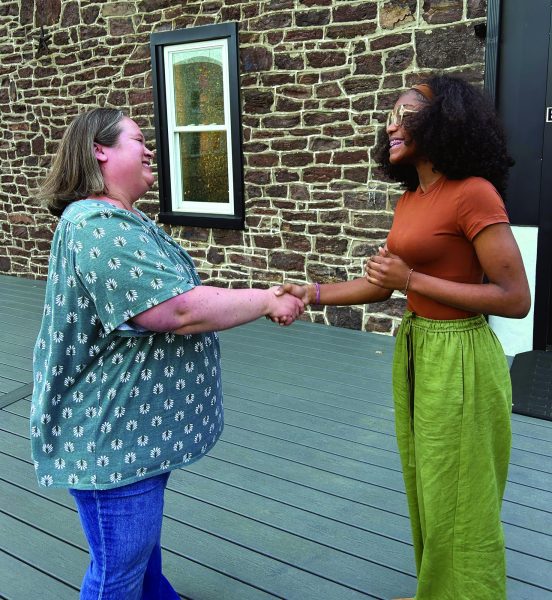Supreme Court nominee faces ‘intense’ hearing
Supreme Court nominee Judge Ketanji Brown Jackson’s confirmation hearing took place on March 21-24.
New Supreme Court justice nominee Judge Ketanji Brown Jackson’s confirmation hearing shows the recent changes in its process and brings a historic moment one step closer to reality.
The Supreme Court is the highest court in the United States of America. Throughout its history, five women have served on it as justices. Judge Ketanji Brown Jackson may become the sixth.
Jackson was nominated by President Joe Biden to join the ranks of these justices. If confirmed, she will become the first black female Supreme Court justice.
The process of becoming a Supreme Court justice is a lengthy one. To be confirmed, nominees must go through a confirmation hearing in which members of the Senate Judiciary Committee ask them questions. In recent times, including Jackson’s confirmation hearing. The topic of these questions has shifted which can be attributed to the political makeup of the Senate.
“[The questions] really are supposed to be about law, but we have been getting more questions about personal life a little bit more than is customary,” AP Government teacher Jessica Muller said. “A lot of these questions are coming from Republicans who are probably not happy with the choice of Ketanji as a Supreme Court justice because of ideological differences.”
According to social studies teacher Matt Firuta, Senate control could have been influential in Jackson’s confirmation hearing.
“It depends what level of support [Jackson] has in the Senate to see how a lot of this hearing is going to go and how tense it might be. Right now, the Senate is split 50 and 50 for Democrats and Republicans, so it could be a pretty tense discussion,” Firuta said.
AP Government teacher Amanda Gale felt that the senators that asked “intense” questions did so for their own benefit.
“I think that many people in the Senate see it as a chance to get their soundbite, to make a name for themselves,” Gale said. “They’re going to use this as an opportunity to push her and give her a hard time because that’s going to reflect well on them with their constituents.”
Social studies teacher Nicole Harner felt duality in Jackson’s confirmation hearing.
“I think that some of the senators asked [Jackson] legitimate questions about her judicial views and how she made her decisions in certain cases. I also think a few senators were very disrespectful toward her,” Harner said.
Aside from Senate approval, Gale feels that Americans want to see more representation like the kind Jackson brings.
“The American public wants to see people that represent them on the court,” Gale said. “It’s not just paying lip service to gender, ethnicity or political party.”
As of April 7, Jackson was confirmed to the United States Supreme Court after a 53-47 vote in the Senate.






